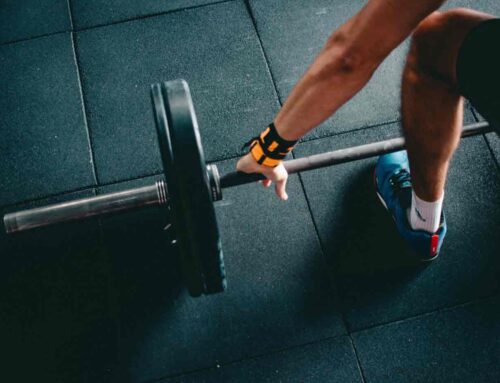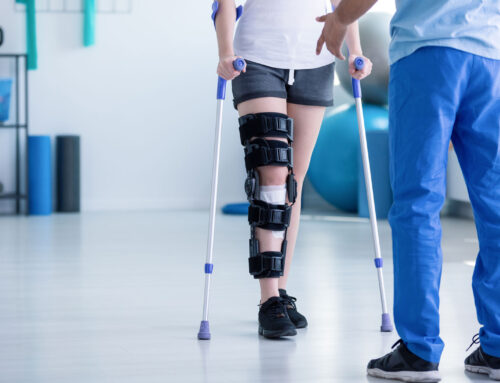by: Morgan Cavaiani, E’ville Fitness staff member
I never thought this would be a story to share at all, let alone share on a blog for a website. But to tell you the truth, my experience with the gym is something that sparked a passion to help people who may be struggling just like I was.
My sophomore year of college was probably the hardest part of my life. My grades were slipping, and my GPA was going to be the lowest it has ever been if I didn’t do something. This led to me dropping out of college for a semester. I was hardly eating anything, and I was isolating myself from my friends. Many of these actions were the telltale signs of depression. I couldn’t turn to my family because they were 4 hours away in Chicago. After one night, sitting at the soccer field at the SIUE campus, I told myself enough was enough. I couldn’t live like this anymore. That next day, I planned it out. I planned out my workout and I forced myself to go to the gym. “Maybe it’ll make me feel better,” I told myself. And it did. I found that I was finally looking forward to something. It gave me a sense of consistency, something to always work towards. And it helped boost my confidence in myself after my self-esteem had been continually dragged through the mud.
By my senior year of college, I had adopted this new fitness-oriented routine and as a direct result, my mental health had improved greatly. I was about to graduate with a bachelor’s degree in psychology when I learned that SIUE had a graduate program for Exercise and Sport Psychology. Up until this point, I never knew that there was a professional science researching the effects of exercise on mental health. After my personal experience and seeing what a positive impact exercise had on my mental health, I knew that this was a field I wanted to get involved in.
The program taught me so much, about how even athletes can be affected by mental health barriers and how we are continuing to learn and grow in this field. We all saw a great example of Sport Psychology with Simone Biles during her performances at the 2021 Olympics. I am excited to see how this field will continue to grow over the next few years. Researchers in this field have made meaningful findings showing that people who exercised improved greatly when it came to depression, anxiety, PTSD, and so many other mental health challenges.
Some of the many important lessons I learned while obtaining my Master’s in Kinesiology with a Specialization in Exercise and Sports psychology include:
Definition of Exercise Psychology
Because exercise psychology is becoming more widely known and talked about, a lot of mental health providers are encouraging their clients to try exercise regimes before putting them on any kind of medication.
Exercise and Depression
Studies show that exercise can treat mild to moderate depression as effectively as antidepressant medication. Even running for 15 minutes a day or walking for an hour can reduce major depression by 26%. Maintaining an exercise routine can prevent people from relapsing.
Exercise and Anxiety/Stress
Exercise can relieve stress and tension in muscles, boost physical and mental energy, and enhance wellbeing through the release of endorphins.
Exercise and ADHD
Exercise can improve concentration, motivation, memory, and mood. When exercising, the brain releases chemicals all of which affect focus and attention.
Continued Research of Exercise and Mental Health
Research continues to prove exercise has a major positive impact on an individual’s mental health. Exercise can be that initial driving force that can pull a person out of depression, helps alleviate stress and anxiety levels that people face on a day-to-day basis, and gives people a sense of pride and purpose. When I obtain my ACE CPT, I hope to help my clients feel comfortable, confident, and excited for the future. With my education in Exercise and Sport Psychology, there are plenty of tools that I learned to help people in those exact areas through mental performance training. I encourage anyone who is struggling with mental health issues to try and incorporate daily exercise into their daily routines and see how it can impact their overall health and well-being!
Interested in getting started on your exercise journey? Contact E’ville Fitness to talk to a personal trainer today!








Leave A Comment